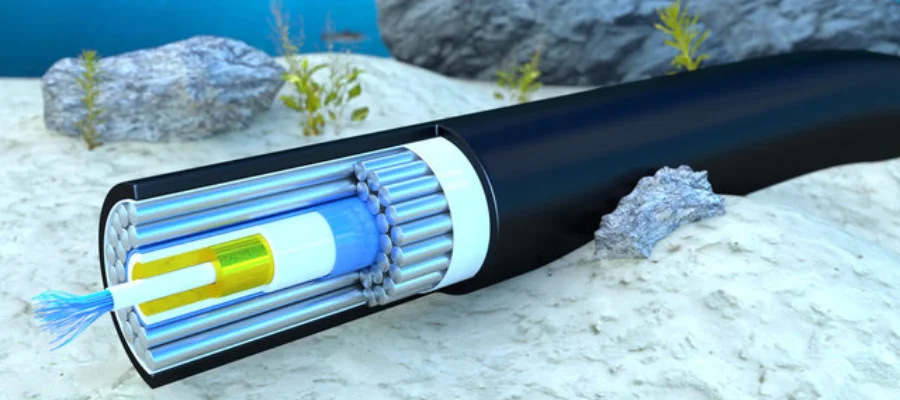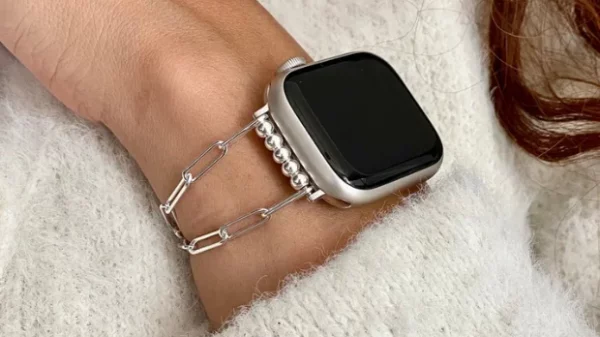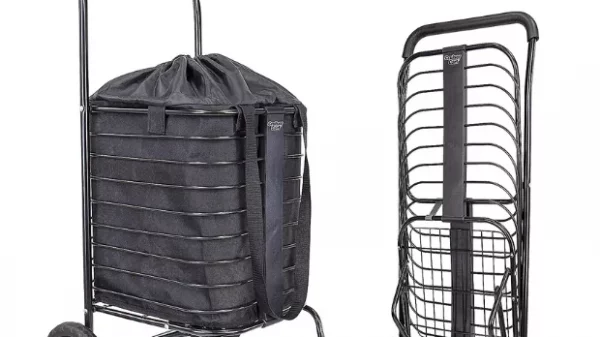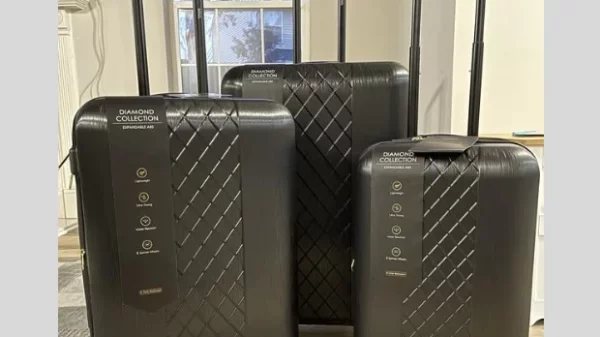
Internet Cables | Hermagic
Fiber optic internet cables offer several advantages that make them a preferred choice for high-speed data transmission. Firstly, they provide blazing-fast internet speeds, as they transmit data using pulses of light through thin strands of glass or plastic. This technology allows for significantly higher bandwidth and faster downloads and uploads compared to traditional copper cables.
Fiber optics are also immune to electromagnetic interference, making them more reliable and stable. So, if you are thinking of choosing internet cable, Cox Communications offers various plans and affordable prices for customers to pick from.
Different types of internet cables available nowadays
-
Ethernet cable
Ethernet cables are common for wired network connections. Cat 5e, Cat 6, and Cat 7 cables are standard options, with higher categories offering faster data transfer rates and better shielding against interference.
-
Fiber optic cable
Fiber optic cables use light signals for data transmission. Single-mode fiber is ideal for long-distance communication, while multi-mode fiber suits shorter distances.
-
Coaxial cable
Coaxial cables are made specifically for cable television and internet connections. They offer decent data transfer rates and are still widely used.
-
Twisted pair cable
Twisted pair cables are used for phone lines and DSL (Digital Subscriber Line) connections. They carry voice and data signals over copper wires.
-
HDMI cable
HDMI (High-Definition Multimedia Interface) cables connect audio and video devices like TVs, gaming consoles, and Blu-ray players for high-definition content transmission.
-
USB cable
USB (Universal Serial Bus) cables connect various devices, including computers, printers, and external hard drives, for data transfer and charging.
How do fiber optic internet cables differ from traditional copper cables?
Fiber optic internet cables, in contrast to traditional copper cables, utilize light pulses for data transmission, resulting in significantly higher speeds and bandwidth. They can transmit data over much longer distances without signal degradation and are immune to electromagnetic interference, ensuring a more stable and secure connection.
Fiber optic cables are lighter, more durable, and less susceptible to environmental factors. While the initial installation cost may be higher, their long-term reliability and capacity for future technology requirements make them a preferred choice for high-speed internet connections and data transmission.
Advantages of using a wired internet cable connection over wireless Wi-Fi
A wired internet cable connection offers several advantages over wireless Wi-Fi. Firstly, it typically delivers faster and more consistent speeds, making it ideal for bandwidth-intensive tasks like online gaming and HD video streaming. Wired connections are also more secure, as they are less susceptible to hacking and interference.
Unlike Wi-Fi, wired connections don’t suffer from signal degradation over distance and are not affected by physical obstacles like walls. Overall, wired internet cable connections are preferred for reliability, speed, and security, especially in situations where a stable and high-performance connection is crucial.
Common issues with internet cables and how to troubleshoot them
-
No internet connection
Firstly, check if the cable is securely plugged into the device and the router/modem. Inspect the cable for physical damage and replace it if necessary. Restart your modem/router and the connected device. Ensure your Internet Service Provider (ISP) is not experiencing an outage in your area.
-
Slow internet speed
Test your internet speed using a reliable speed test website or app to determine if you are getting the expected speed from your ISP. Check for background downloads or uploads on connected devices that may be consuming bandwidth. Then, try to restart your modem to refresh the connection. Use a wired connection instead of Wi-Fi for faster and more stable speeds.
-
Interference or signal loss
Avoid running cables near sources of interference like power lines, fluorescent lights, or electronic devices. Use shielded or twisted pair ethernet cables to minimize interference. Inspect the cable connectors for damaged or loose connections and replace them as needed.
-
Cable length limitations
Ethernet cables have length limitations, typically 100 meters for standard cables. Ensure you are not exceeding this limit. For longer distances, consider using a network switch or repeater to extend the reach of your network.
-
Router/modem issues
To fix any router issues, try restarting it and do it on a regular basis to keep the network connection refreshed. Contact your ISP for assistance if you suspect issues with the router or modem provided by them.
Which platform offers the best internet cable plans and pricing?
Cox Communications provides a variety of internet plans tailored to different needs, from basic connectivity to high-speed options suitable for streaming, gaming, and working from home. This allows customers to pick a plan that aligns with their specific business needs and budget.
The platform offers four different plans for customers to choose from-
-
100Mbps
This Cox Communications internet cable plan provides upload speeds of up to 5 Mbps, facilitating activities like video calls and online gaming. Customers can even benefit from a generous monthly data allowance of 1.25 TB on all plans. Plus, Cox offers easy access to over 4 million Wi-Fi hotspots, allowing users to save on cellular data usage while enjoying secure wireless internet connectivity wherever they go.
-
250Mbps
This 250Mbps plan offers upload speeds of up to 10 Mbps, ensuring seamless activities such as email communication, social media content sharing, video calls, and online gaming. Customers can enjoy convenient access to a vast network of over 4 million Wi-Fi hotspots, allowing them to conserve their cellular data and securely access wireless internet while on the move.
-
500Mbps
This 500Mbps plan comes with upload speeds of up to 10 Mbps, ensuring seamless tasks such as sending emails, sharing images and videos on social media, engaging in video calls, and enjoying online gaming. Furthermore, Cox facilitates easy access to an extensive network of over 4 million Wi-Fi hotspots, allowing users to conserve their cellular data and securely access wireless internet while on the move.
-
1GIG
This 1GIG plan allows users to use upload speeds of up to 35 Mbps, ensuring seamless tasks such as sending emails, sharing images and videos on social media, participating in video calls, and enjoying online gaming. Cox makes it convenient to access a vast network of over 4 million Wi-Fi hotspots, allowing users to conserve their cellular data while securely accessing wireless internet on the go.
Conclusion
Choosing the right internet cable plan is essential for ensuring fast, reliable, and seamless online connectivity. Whether you require high-speed downloads, low-latency gaming, or smooth video conferencing, Cox Communications offers a range of plans with impressive download and upload speeds to meet your specific needs. With generous monthly data allowances and easy access to a vast network of Wi-Fi hotspots, Cox combines performance and convenience, making it a preferred choice for dependable internet services. For more information, visit HerMagic.
FAQs












































































